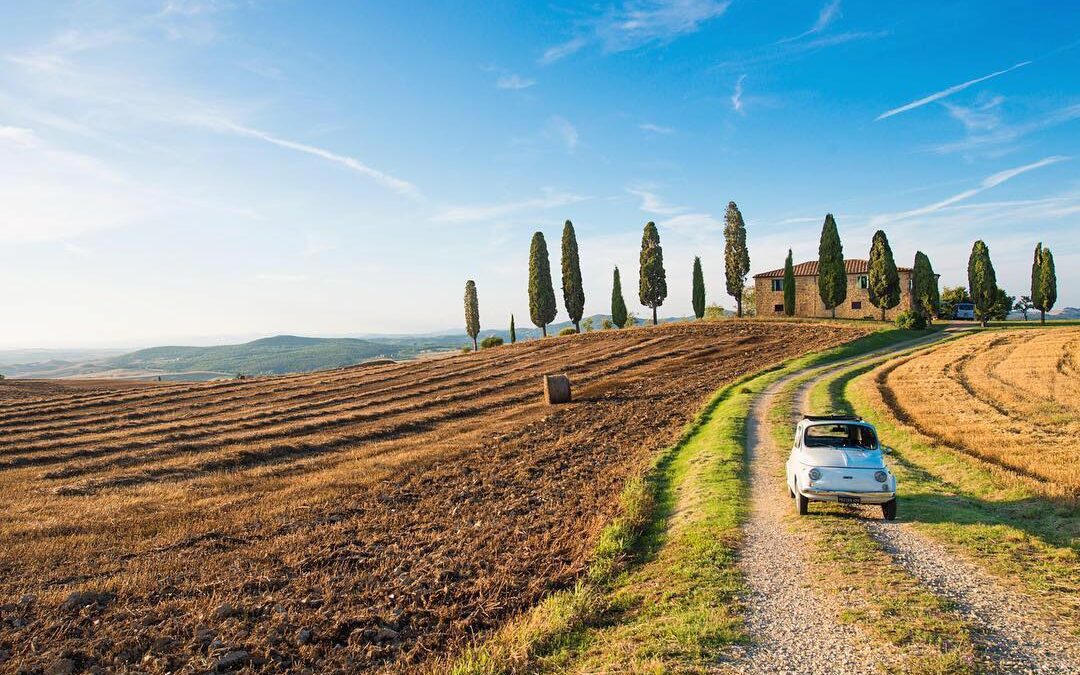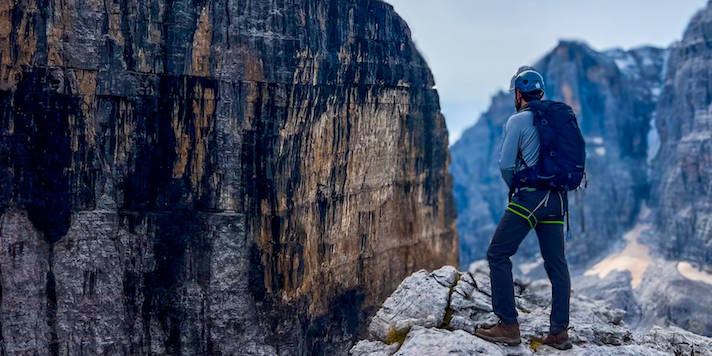By: Naomi Matlow
What comes after the golden age of tourism? And is that what we are living in now? Poet Robert Frost famously wrote, “nothing gold can stay”, but he was talking about the natural cycle of a leaf, not the canals of Venice, Thailand’s Maya Bay (of Leonardo DiCaprio in Danny Boyle’s The Beach fame), or the medieval walls of Dubrovnik. According to the Washington Post, last year saw 1.4 billion international tourist arrivals and the numbers are only expected to increase. So, what is our collective responsibility as travelers today?
Last year “overtourism” made the shortlist for Oxford English Dictionary’s word of the year. According to the source, overtourism is defined as: “An excessive number of tourist visits to a popular destination or attraction, resulting in damage to the local environment and historical sites and in poorer quality of life for residents.” Can we physically wonder at the world without damaging the environment and disrupting the local community while we’re at it?
Firstly, knowledge is power. With the internet, there is no excuse for being ignorant or irresponsible travelers anymore. In the words of Alanis Morisette, “you, you, you oughtta know”. As we have explored in our #TravelUnfiltered campaign, we aspire to be mindful and conscious travels that embrace the unknown in order to be more present, rather than to take that infamous “I was here” photo (which we’ve learned, are most often not as organic as they appear anyway).
View this post on Instagram
Not only does being present, slowing down, and embracing serendipity while traveling increase the likelihood of a more authentic and local experience, we believe that it can minimize destruction and disruption while in new surroundings. Not only can that underground local hotspot open our eyes to a new culture or way of being, but by the very fact that it is “off the beaten path”, we are limiting our contributions to the issues of overtourism.
Perhaps we can see the flood of travelers to popular destinations and more accessible travel today as an opportunity to rethink why, when, and where we decide to travel.
At Unsettled we don’t have all the answers, but we have plenty of questions. The nature of the problem of overtourism is one that we cannot have all the answers to because it is a cross-disciplinary problem, and across many economic sectors.
So, what are the questions that all actors need to come together to tackle?
1. What is the shared vision to solve overtourism?
&
2. Who are the stakeholders and what are their responsibilities?
Are the stakeholders primarily:
- The destinations (the businesses that rely on tourism, the local communities)
- The travelers and tourists
- The travel industry (the travel businesses, the tourism boards)?
What is each responsible for?
In the next few weeks on the blog we are going to explore all of these stakeholders and sectors and examine what responsible travel means in the 21st century. We don’t propose to have all the answers in the next month, but we will most definitely partake in a worthwhile conversation that influences us all. Stay tuned…
Unsettled is a global community for those who live and work differently.
Growth | Meaning | Adventure



